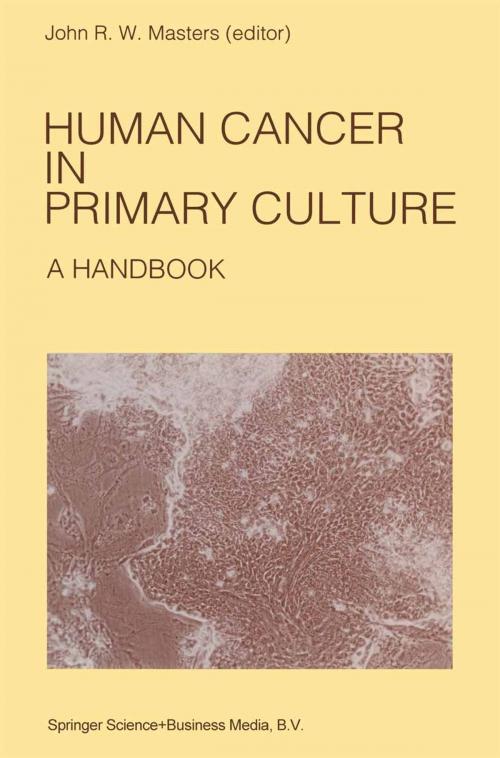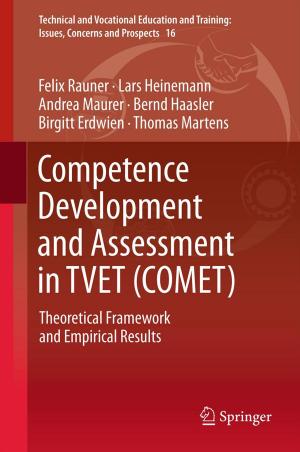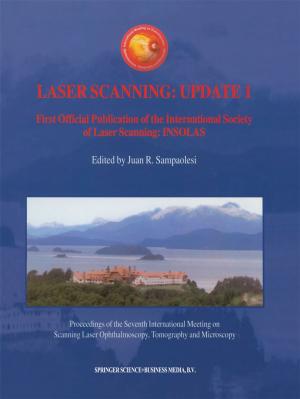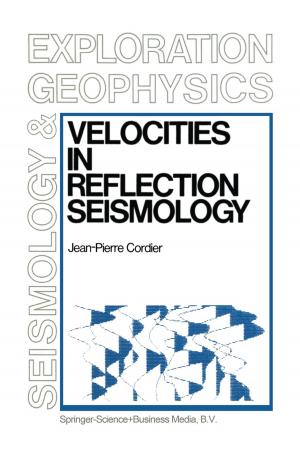Human Cancer in Primary Culture, A Handbook
Nonfiction, Health & Well Being, Medical, Specialties, Oncology, Science & Nature, Science, Biological Sciences, Zoology| Author: | ISBN: | 9789401133043 | |
| Publisher: | Springer Netherlands | Publication: | December 6, 2012 |
| Imprint: | Springer | Language: | English |
| Author: | |
| ISBN: | 9789401133043 |
| Publisher: | Springer Netherlands |
| Publication: | December 6, 2012 |
| Imprint: | Springer |
| Language: | English |
Growing human cancer cells in primary culture requires patience, intuition, care and experience. This is one of the few areas where the wrinkled senior scientist can be more productive than the bright young post-doc. There are few mechanical aids, no automated procedures, and kits are unheard-of. There is no right way to do it and every tumour is different. But this book will make it easier! Chapter 1 on characterization is essential reading. Much published work is useless because of the failure to take two simple steps to characterise the cells. The first step is to fully record all the clinical data - the absence of this information can render the work valueless. The second step is to confirm the origin of the tissue to exclude cross contamination. The wastage of years of work can be avoided with the use of a simple DNA preparation with a couple of commercially-available probes. Chapter 2 describes the development of serum-free media. This is a goal many would like to achieve, particularly if someone else does it, as it is laborious and empirical. Defined serum-free medium is essential for studies of growth factors and has major advantages in the commercial preparation of cell products and other applications.
Growing human cancer cells in primary culture requires patience, intuition, care and experience. This is one of the few areas where the wrinkled senior scientist can be more productive than the bright young post-doc. There are few mechanical aids, no automated procedures, and kits are unheard-of. There is no right way to do it and every tumour is different. But this book will make it easier! Chapter 1 on characterization is essential reading. Much published work is useless because of the failure to take two simple steps to characterise the cells. The first step is to fully record all the clinical data - the absence of this information can render the work valueless. The second step is to confirm the origin of the tissue to exclude cross contamination. The wastage of years of work can be avoided with the use of a simple DNA preparation with a couple of commercially-available probes. Chapter 2 describes the development of serum-free media. This is a goal many would like to achieve, particularly if someone else does it, as it is laborious and empirical. Defined serum-free medium is essential for studies of growth factors and has major advantages in the commercial preparation of cell products and other applications.















